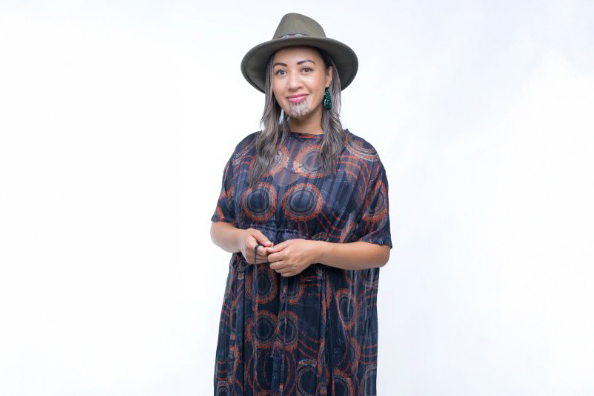One in five New Zealanders lacks the skills to safely use the internet for online banking and grocery shopping or don’t know how to download apps on a mobile phone, a report shows.
The report* commissioned by the Department of Internal Affairs showed people in low socio-economic and rural communities, the disabled, migrants and refugees with English as a second language, Māori and Pasifika, seniors and prison offenders are more likely to be digitally excluded.
This means they don’t have affordable, convenient and reliable access to an internet connection or digital devices including smart phones and can’t confidently use them in their day-to-day life.
The report showed that digitally excluded people reported less overall wellbeing, including feelings of isolation. They were also less likely to be involved in civic duties like voting or making submissions to local government.
As part of the Government’s Digital Inclusion Blueprint – which aims to see all New Zealanders have what they need to participate in, contribute to and benefit from the digital world - Te Wānanga o Aotearoa in partnership with Manaiakalani Education Trust and the Department of Internal Affairs, is offering Kanorau Digital.
Kanorau (“a hundred/many seeds”) Digital is a free short course that shows people how to get online safely and how to navigate websites and use apps on mobile phones with more confidence.
Kanorau Digital shows students how to use Gmail to send emails, manage files, online calendars and how to share documents online or join a group video call.
Students also learn how to use the internet to solve problems and how to stay safe and keep your important information secure when banking, shopping or doing other online business.
Te Wānanga o Aotearoa innovation and development group lead Aisha Ross, says the confident use of technology to access the internet or to use mobile phones is an essential today.
“The (COVID-19) lockdown last year showed how dependent we are on the internet as one of our primary means for communication, accessing information and services and engaging with the outside world,” says Mr Ross.
“So when someone doesn’t have access to a smart phone or the internet and they don’t know how to navigate either they’re at a severe disadvantage and can’t participate in or contribute to an increasingly digital world.”
“Kanorau Digital is about planting the seeds to help people gain confidence to use digital devices and the internet as a tool to connect with our diverse world,” says Mr Ross.
Please contact Kanorau Digital at https://www.kanorau.nz/contact-us or call 0800 526 672
To view the course schedule for Kanorau Digital, simply click here.
*Digital inclusion and wellbeing in New Zealand




































